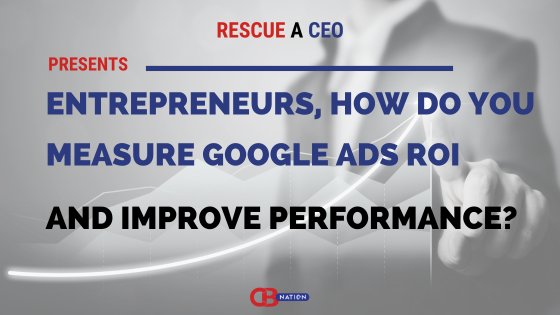Selling a business can be tough. Owners wishing to sell a business find that when the time comes, there are many unforeseen obstacles and issues which can damage the chances of closing a good deal.
Entrepreneurs whom have spent years of their lives turning their business into a commercial success find that exiting the market by selling a business, can often be more difficult than entering it. Every month, companies fail to sell for reasons which could easily be mitigated. After speaking to experts in the industry whom have extensive experience in selling a business and buying multiple companies, there are three top mistakes to avoid when selling a business.
Too Focused on the Deal
The process of selling a business tends to get long and frustrating and emotions often rise between the buyer and the seller. The owner gets so wrapped up in selling a business that he or she tends to neglect it. Some entrepreneurs may think there’s no longer any use in fostering the company’s growth, but don’t realize that you need to showcase your business at its best until the very end.
John Hammett, investment banker at Corporate Finance Associates, says neglect could be one of the worst mistakes you make when you’re in the middle of selling a business. Taking the eye off the ball can result in a decrease in growth or a dip in backlog. Both which could have a negative impact on selling a business during due diligence, adversely affecting the deal. Hiring an expert to take care of the transactional aspect in selling a business, helps you as an owner keep the business running at its best.
Three ways to prevent deal fatigue when selling a business, according to Chris Younger in Colorado Biz Magazine, is to:
- Anticipate the deal fatigue that comes with selling a business,
- Not get too attached to the outcome, and
- Take a step back and remember why you entered the negotiations in the first place when selling a business.
Inflated Valuation
A major problem with owners interested in selling a business is they overestimate the value of their business. They estimate the valuation higher than what it’s worth and then get disappointed by market offers.
Steve L’Heureux is a Vice-Chairman of Ryko Solutions and has worked with strategic buyers and private equity firms over the years to sell and buy companies and is well versed in the art of selling a business. In his experience, he says that the reason most deals fail is because of a sense of valuation by the small business owner. The business owner refuses to get a valuation from an expert and will consistently turn down good offers, which in his mind are unreasonable.
A survey by the International Business Broker Association (IBBA) and M&A Source, in partnership with the Pepperdine University, found in their quarterly survey report of the second quarter of 2014 that 78% of deals in selling a business valued less than $500,000 are terminated without closing. According to them, “unrealistic expectations” led seller errors in every sector. This is why it is crucial to seek professional advice early on about the true market value of their business. It will help them to understand the amount of time it will take and recognize a good deal when it comes along.
Poor Record Keeping
Poor financial records can be a deal breaker for most buyers. Smaller businesses are more prone to having inadequate and/or improper documentation, as they have a lack of discipline in following business practices and principles.
Once the sales process starts, there’s really very little time for house cleaning. The due diligence period is an important step in the overall process of selling a business. It is the best way for a buyer to assess the true value and risks of your business, before buying into it.
Therefore, it is imperative to get your records and documents organized before entering the sales process. Unkempt company files will only slow the due diligence process and give a bad impression of a poorly run company to potential buyers.
To increase the likelihood of selling your business, hire a professional who can counsel you on the proper valuation, get all the paperwork organized and fill the gaps of any missing information. By keeping emotions aside and staying focused on your business’s performance, you will be in a better position to more confidently enter a deal and sell your business at a good price.
—
Pamela Wasley, Chief Executive Officer at Cerius Executives, has successfully placed thousands of interim CEOs, CFOs and COOs at start-up ventures, small-to-mid size businesses and Fortune 500 companies.



















































 |
|